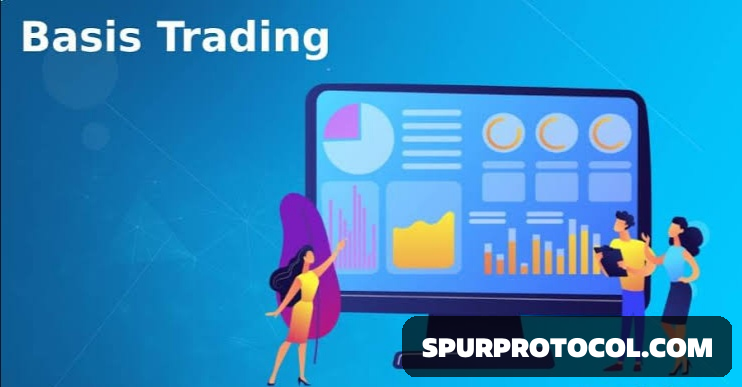What Is Basis Trading?
Basis Trading is a financial arbitrage trading strategy that aims to profit from the apparent mispricing of the securities.
Go Back

🕒 7:55 PM
📅 May 07, 2025
✍️ By Ecojames
Basis trading is a financial trading strategy regarding the purchase of a particular financial instrument or security
Types of basis trades
Traders often use a mix of market trends, historical data, and economic factors to make their predictions.
(a.) Long
Betting that the spot price will increase relative to the futures price.
(b.) Short
Betting that the spot price will fall or that the futures price will rise faster.
The mechanics behind basis trades
-Basis trades involve buying a bond in the cash market and selling a futures contract tied to that same bond. The setup creates a spread (the basis) that traders expect to shrink over time. If the gap narrows as planned, they can unwind both sides of the trade and pocket the difference.
-In a highly simplified example, say an investor buys a Treasury bond for $99.50 and sells a futures contract for $100. The 50-cent difference is the basis. Over the next few weeks, the futures price falls to $99.55, while the bond price holds steady. The investor closes both positions by selling the bond and buying back the futures contract at the new, lower price. The bond sale breaks even, and the futures position generates a 45-cent gain.
-In contrast, consider the same trade gone wrong: The investor buys the bond at $99.50 and sells a futures contract at $100. But instead of narrowing, the gap widens. The futures price rises to $100.25, while the bond price stays flat. To unwind the trade, the investor sells the bond near $99.50 and buys back the futures contract at the higher price of $100.25, locking in a 25-cent loss.
-WHEN THINGS GET WONKY. Market stress can widen the gap between futures and bond prices, forcing leveraged traders to unwind positions at a loss and potentially triggering broader market disruption.
-The basis exists because futures prices reflect more than just the bond’s current, or spot, price. The basis also accounts for interest rates, the time until the futures contract expires, and the cost of borrowing money to hold the bond until then. These factors can push the futures price slightly higher or lower than the bond’s price in the cash market. Normally, the prices will converge as the expiration date for the futures contracts approaches.
Benefits of Basis Trading
1. Investors can reduce the loss from trading if they do the transactions under basis trading.
2. It helps the investors to avoid the downside of the price of profit.
3. It's one of the strategies to book the profit in any position held by investors.
4. It protects investors against fluctuations in price and interest rate changes.

